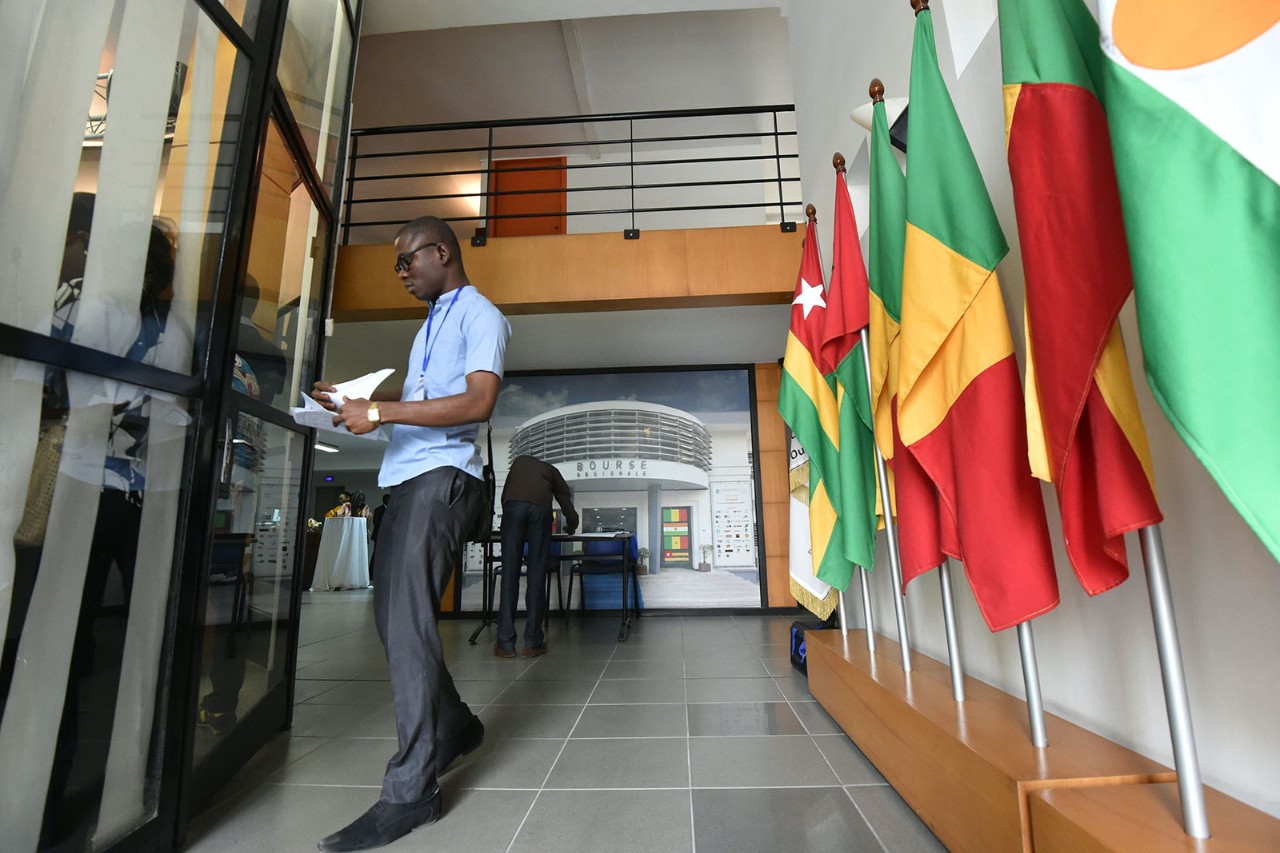
Governments in Africa struggle to raise the funds required to achieve sustainable development even at the best of times. Before Covid-19 knocked the world off its axis, the continent was facing a US$200bn annual shortfall in financing the UN’s Strategic Development Goals (SDGs). When the estimated US$154bn cost of recovery is added to the equation, the size of the problem becomes substantially larger.
The prospects for new inflows of capital to help governments reduce this dizzying gap are limited, particularly as developed nations are spending heavily on extensive recovery packages for their own economies. As a result, governments in Africa must find their own alternative sources of finance. Improving tax collection is one important way to generate more funds, but reversing illicit financial flows would have a far larger impact.
Siphoning it off
Illicit financial flows are typically generated by tax avoidance, trade mis-invoicing (the deliberate falsification of the value, volume or type of commodity in a commercial transaction) and profit shifting, as well as human and drug trafficking, terrorism financing and corruption.
Despite spirited efforts by national governments, the African Union and the international community to stem these flows, they continue to bleed sub-Saharan Africa of US$50bn a year, according to a 2020 Unctad report, Tackling Illicit Financial Flows for Sustainable Development in Africa – enough to make substantial inroads into that US$200bn SDG funding gap.
Globalisation, weak legal and tax structures and powerless institutions have stymied attempts to terminate illicit outflows
According to the Unctad report, countries with high levels of illicit financial flows spend 58% less on education and 25% less on health than countries with low levels, while their agricultural sectors are only a third as productive.
Business in the frame
A major role in directing and facilitating these illegal flows is played by both local and multinational businesses. Misinvoicing (which costs sub-Saharan Africa somewhere between US$30bn and US$52bn a year) and capital flight (US$89bn a year, 70% of which is made up of illicit financial flows) are particularly prevalent in countries with large illicit flows, which accordingly fail to benefit from a significant portion of their international trade transactions and experience significant losses in capital and foreign exchange. The extractive industries have been particularly vulnerable, with opaque and complicated value chains, corruption and tax evasion accounting for US$40bn of illegal flows at 2015.
Globalisation, weak legal and tax structures and powerless institutions have all conspired to stymie attempts to terminate these outflows. Government officials, local companies and multinationals all feature in a web that has over the years become highly sophisticated, aided by opaque systems.
The Panama Papers scandal in 2016 lifted the lid on just how far an intricate illicit financial web of offshore tax evasion structures, tax havens and other abuses stretches across the world. And, in 2020, an exposé revealed the extensive network of shell companies associated with Isabel dos Santos, the daughter of the former president of Angola, who used her family ties to loot one of Africa’s largest oil producers.
The Dos Santos case has further exposed the fragility of the international financial system. Her network and operations spanned 41 countries – including some that pride themselves on robust anti-money laundering institutions – yet went undetected for years.
The gatekeepers
What, then, is the answer? The African Union’s 2019 report, Domestic Resource Mobilization: Fighting Against Corruption and Illicit Financial Flows, notes the 'critical role' of the private sector. Crucial actions include having robust regimes for the supervision of financial institutions, with mandatory reporting of transactions that may involve activities that generate illicit flows. Businesses should also have to disclose the taxes they pay to every state they operate in.
Lakshmi Kumar, policy director at US thinktank Global Financial Integrity, says: ‘Gatekeepers like lawyers, accountants and other professionals meant to safeguard the system often help criminal actors with their illegal operations. The role of accounting firms in South Africa in the Gupta scandal is a good reminder, and the use of anonymous companies has been critical in hiding money stolen in corruption scandals.’
‘lawyers and accountants, who are meant to safeguard the system, often help criminal actors with their illegal operations’
She adds: ‘With the African Continental Free Trade Agreement coming into effect, the continent is only as strong as its weakest link, so prioritising the implementation of beneficial ownership requirements is crucial. Focusing on the role of gatekeepers who assist in the movement of wealth into other assets such as real estate within and outside Africa are also key areas to target.' She notes that the precious metal sector is hugely vulnerable, with Unctad finding that gold accounts for 77% of commodity under-invoicing.
Multilateral action
Yet a new determination is apparent in the battle to bring an end to illicit financial flows. Bolstered by the recommendations of its high-level panel on illicit financial flows, the African Union has stepped up its efforts to attain the SDGs and promote its Agenda 2063 masterplan for transforming Africa into a global powerhouse.
The union has entered into a series of partnerships with continental and global institutions, including the Global Forum on Transparency and Exchange of Information for Tax Purposes, the Financial Action Task Force and the African Tax Administration Forum. And, in 2020, it unveiled a US$8.4m collaboration with Germany and the European Union to fight illicit financial flows.
Logan Wort, executive secretary of the African Tax Administration Forum, says: ‘The most important element in the fight against illicit financial flows is the setup, implementation and operation of the exchange of information units within revenue administration. Exchange of information is vital.’
Meanwhile, Nigeria, which has seen very large outflows (Southern and West Africa account for over 80% of all money siphoned out of sub-Saharan Africa), has become one of the most aggressive in recovering stolen assets through bilateral agreements with countries such as the UK, the US, Switzerland and the UAE. Switzerland returned US$500m that had been siphoned off and deposited in Swiss banks by former Nigeria military ruler, the late Sani Abacha, while the US has repatriated more than US$300m in looted assets.
It's an example the rest of Africa would do well to follow.
How to curb illicit flows
- Experts recommend making the continent an active player in global policy formulation and campaigns since it is one of the hardest-hit regions, and creating a strong whistleblower protection mechanism.
- African policymakers should pay closer attention to trade statistics, flagging wide and persistent trade gaps in a given commodity group for further investigation, and beefing up the power of port personnel, customs and tax authorities to collect and analyse trade data.
- African countries should share trade and tax data more closely and align regulations in high-risk sectors, such as extraction, telecoms and financial services.
The international community has a key role to play. The world has to rekindle trust in multilateralism and engage with multinational companies on their tax responsibilities.
Source: Unctad



